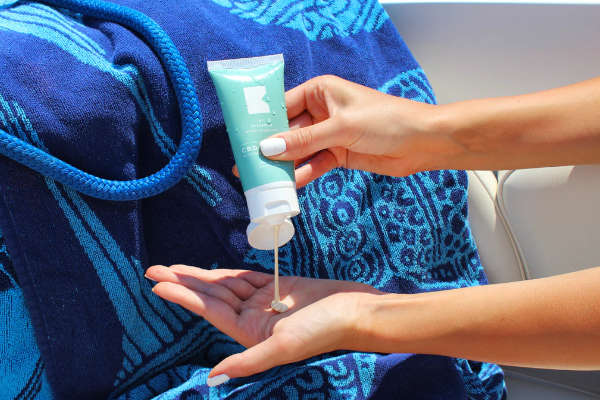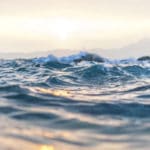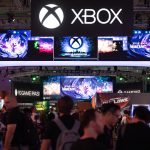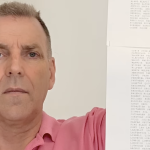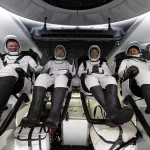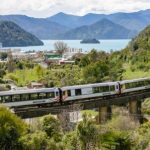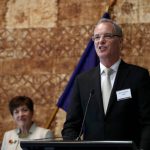In Australia, trust in sunscreen is being tested after 20 popular products were found to offer much less protection than promised.
The Therapeutic Goods Administration (TGA), which checks medicine and healthcare products, discovered these sunscreens did not meet their advertised sun protection factor (SPF), causing some to be pulled from store shelves.
One sunscreen, Ultra Violette Lean Screen SPF50+, was found to provide as little protection as SPF 4, even though it claimed to be SPF 50+. Other brands also recalled products after tests showed they weren’t as strong as they should be. The problem mainly relates to a base cream used by several companies, made by Wild Child Laboratories. Early testing shows this base might only offer SPF 21 or less.
A university expert, Professor Paul Harrison, says this discovery could make people doubt all sunscreens, not just the ones under investigation. Consumer group Choice also tested 20 sunscreens in June and found most did not meet their SPF claims.
Some of the confusion may come from differences in how sunscreen is tested. The TGA raised concerns about the accuracy of a lab called Princeton Consumer Research, which many companies had used to check their SPF levels. The lab says it followed proper testing rules at the time.
Despite this worrying news, the Cancer Council still recommends using sunscreen every day when the UV level is 3 or higher. Sunscreen is still one of the most important ways to help prevent skin cancer, along with wearing hats, sunglasses, protective clothing, and staying in the shade.


